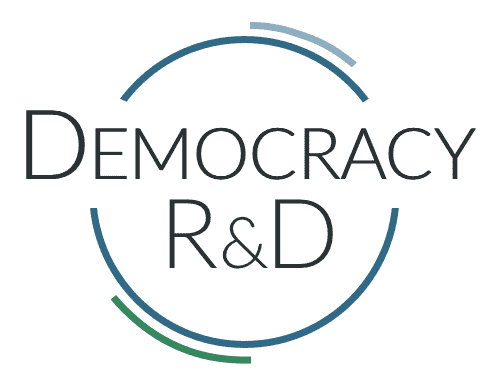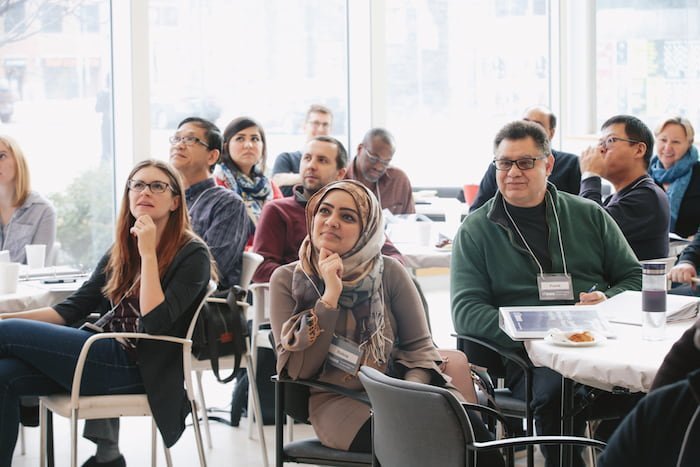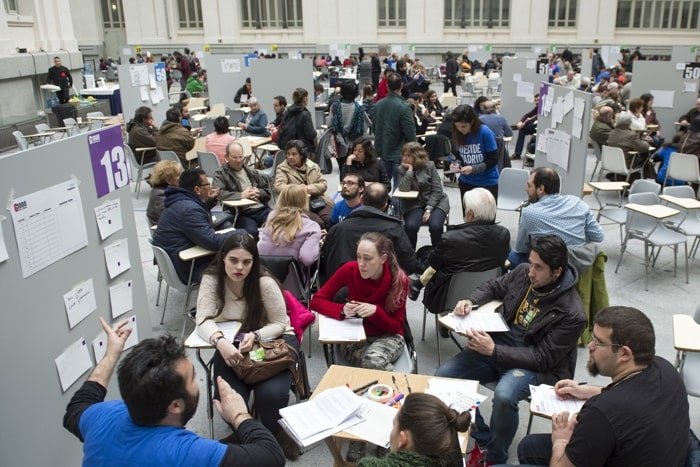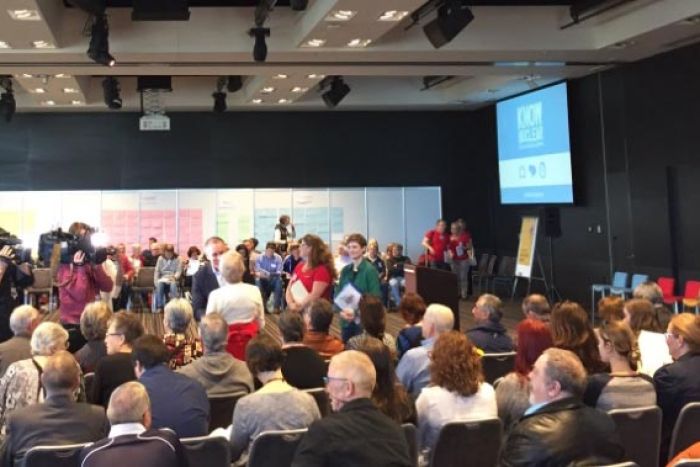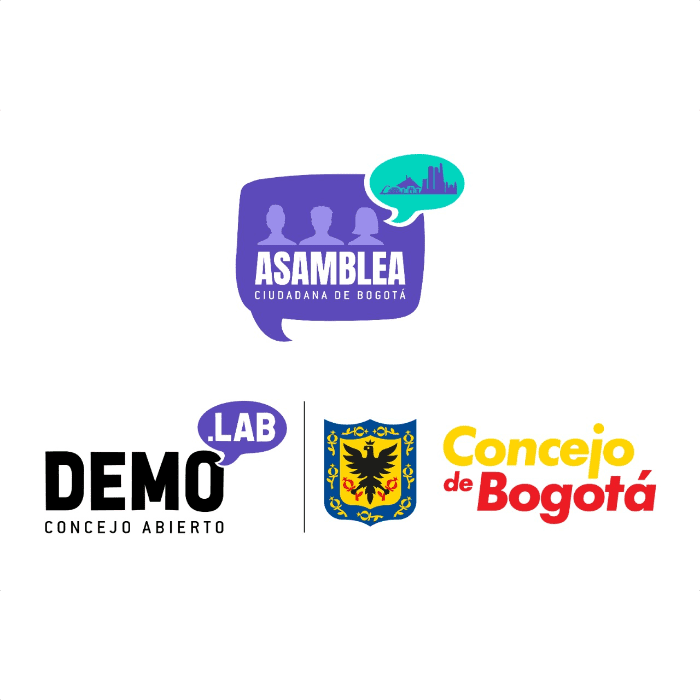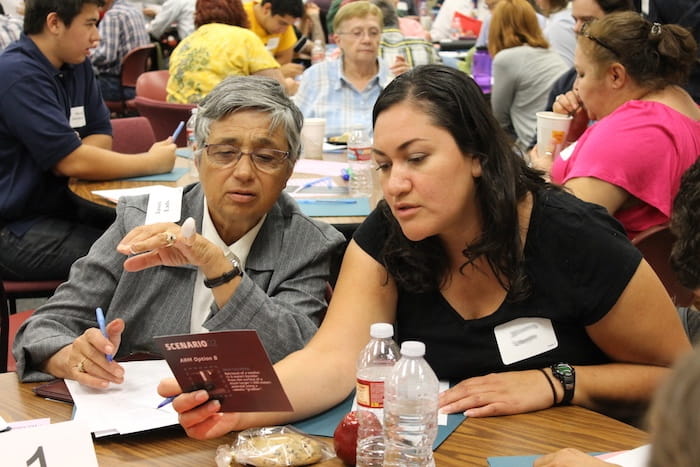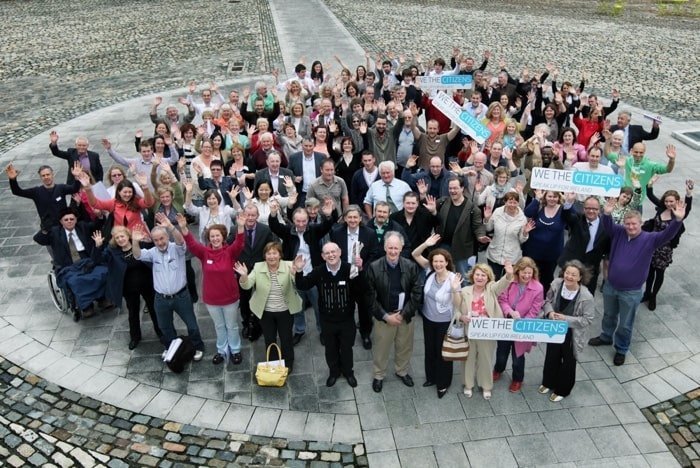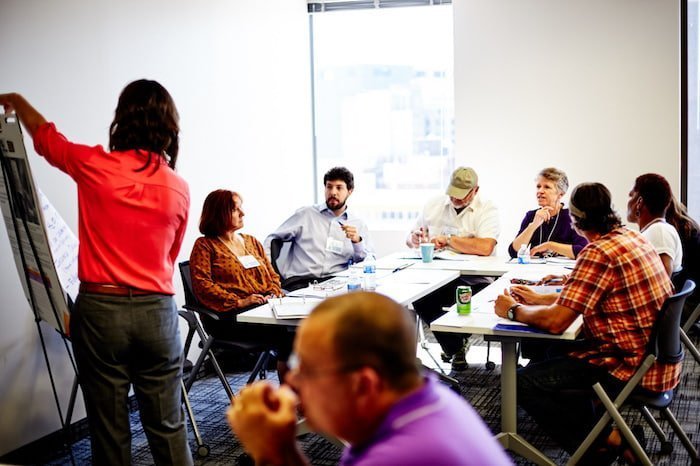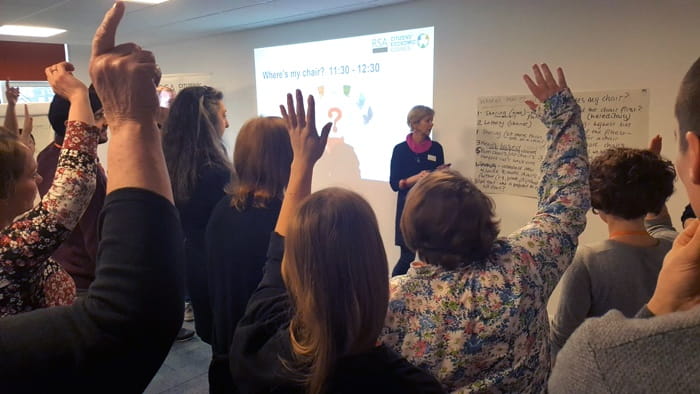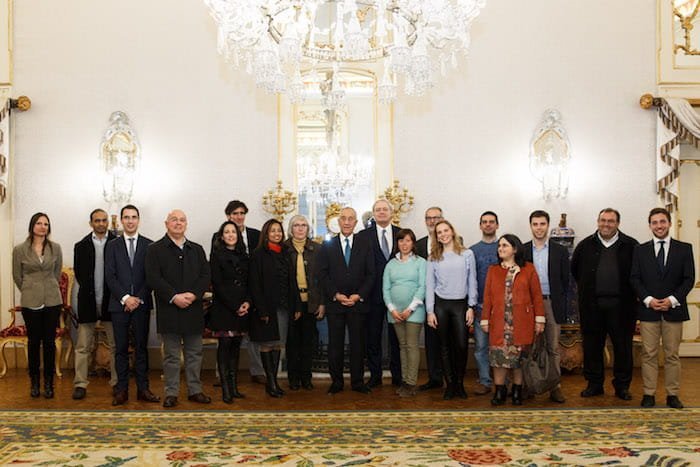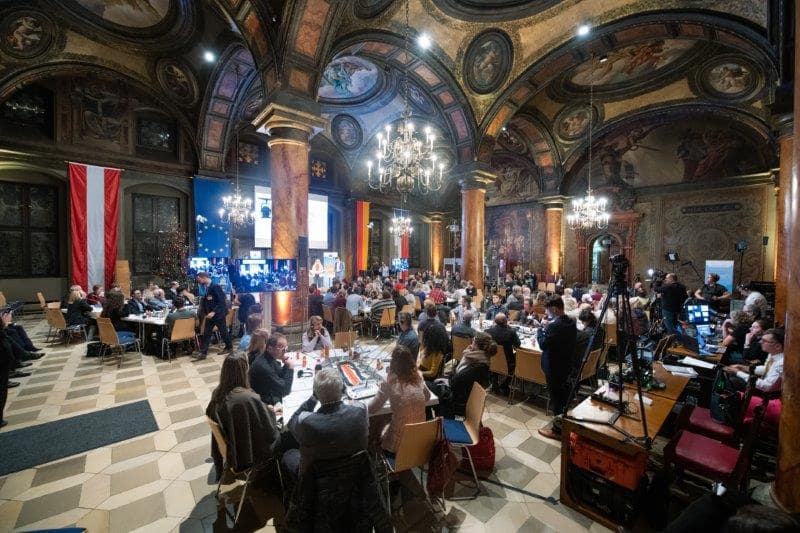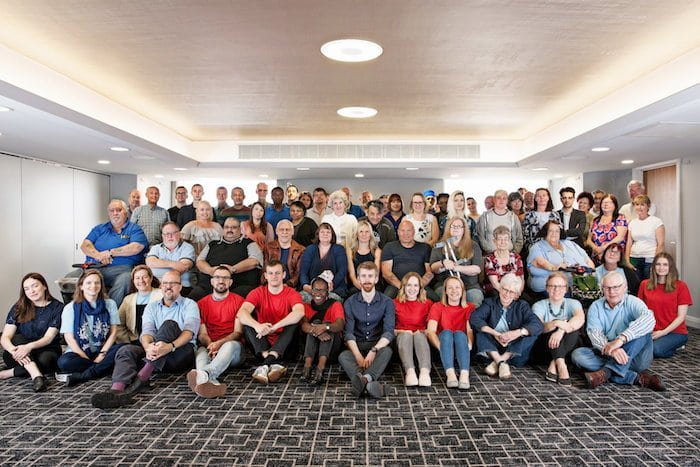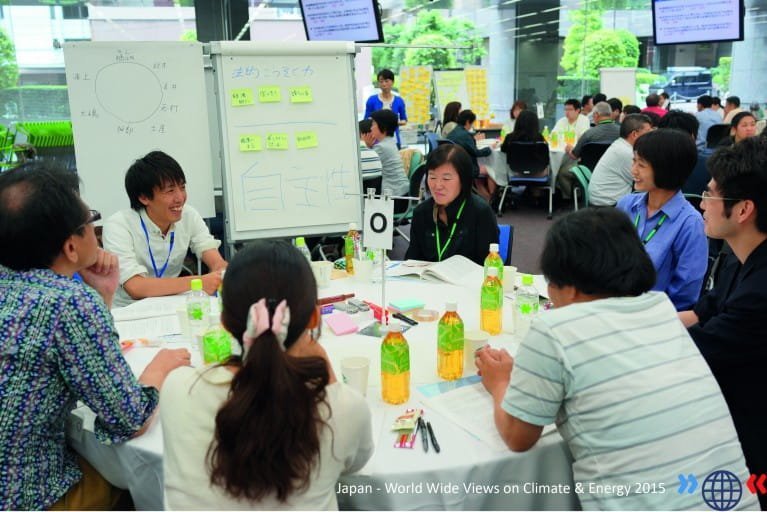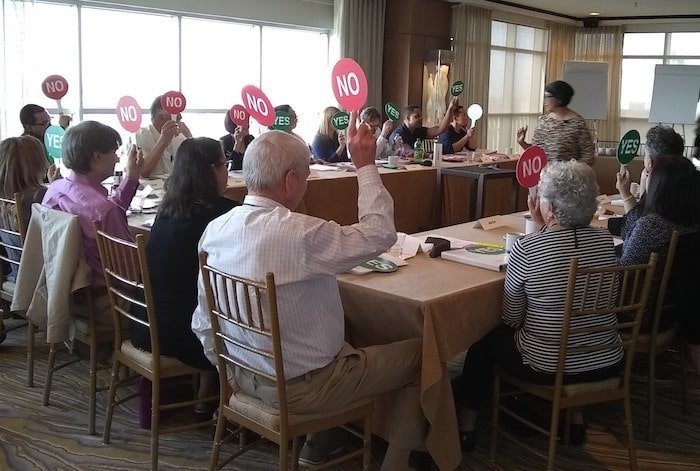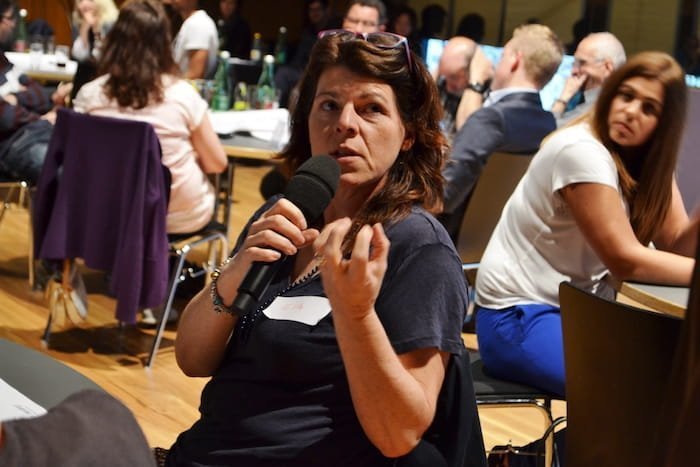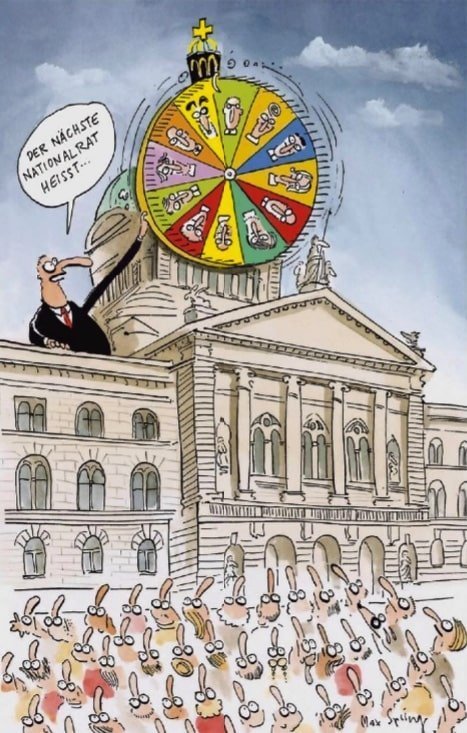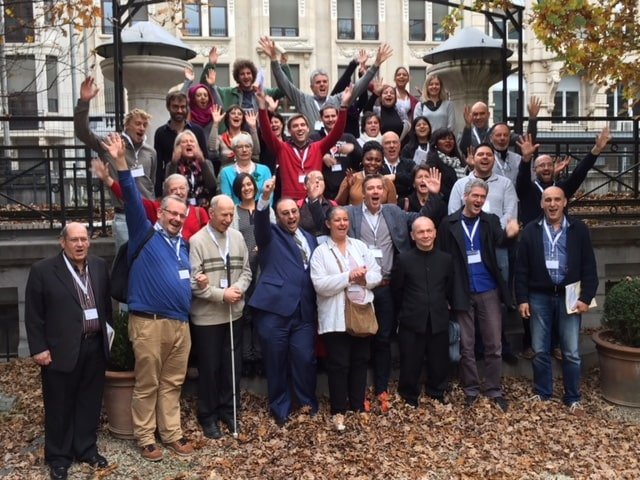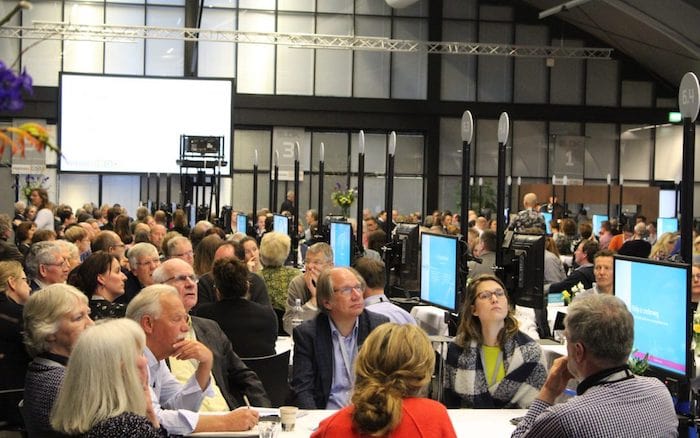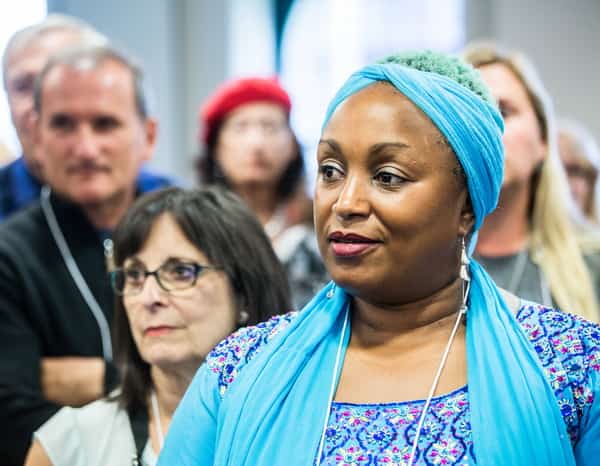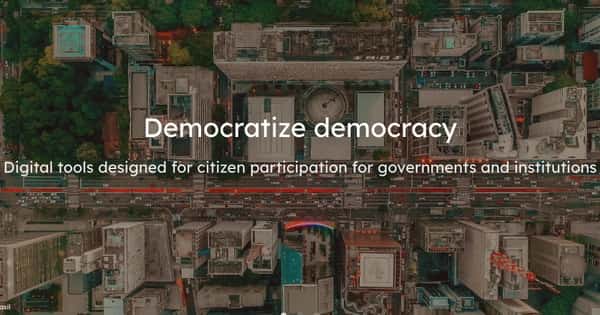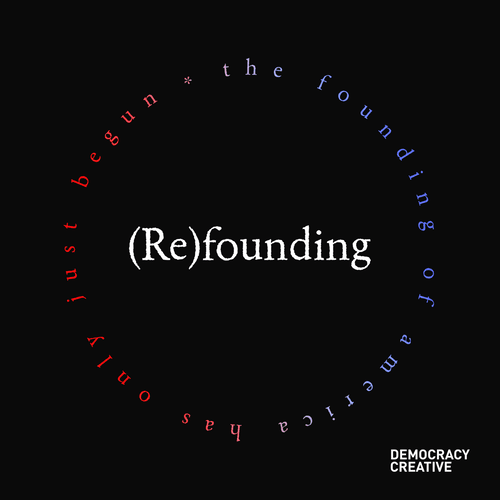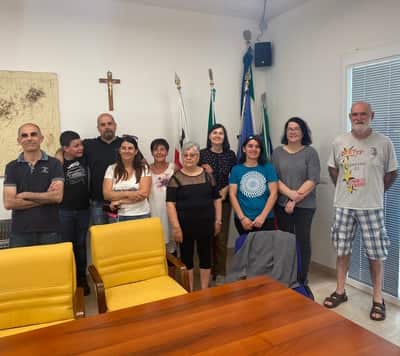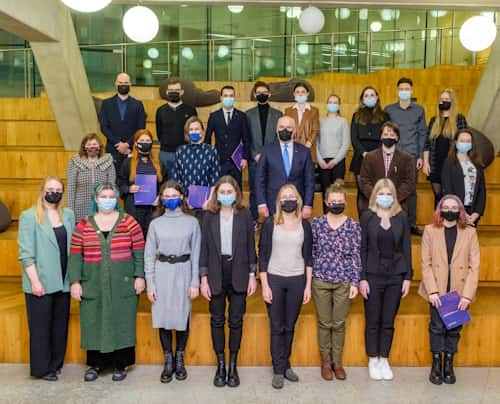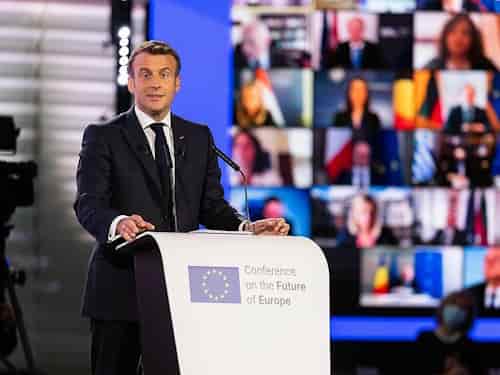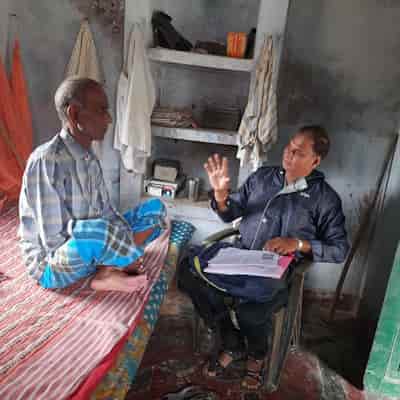Our Work
Our network and its members are deepening democracy and addressing diverse issues all around the world.
Our Approach
- We randomly select participants to achieve a group that broadly reflects the diverse demographics and perspectives of the community, region, or society in question
- We give participants access to quality, balanced information and a mix of relevant experts
- We help participants deliberate about the issue in question and work through their differences with the help of skilled facilitators
Frequently Asked Questions
To form a group of people that genuinely reflects the broader population. We don’t want to only hear from the loudest, most active voices, we want to hear from people from all walks of life. The easiest way it to select participants randomly.
By using stratified sampling techniques, we can ensure that participants reflect the demographics of their population, such as gender, ethnicity, age, and income. There is also growing awareness that diverse groups make better decisions.
Yes. When you give a diverse group of people access to quality, balanced information, sufficient time, and skilled facilitators, they can find common ground and make sound recommendations on even the most complex policy issues.
Everyday people in our members’ projects have weighed in intelligently on the financial plans of large cities, the location of a new hospital, and how to deal with nuclear waste.
From the very start of the process, we engage stakeholders and interest groups from all parts of policy issue in question – even those who are in direct opposition.
We then invite these diverse stakeholders to vet the materials given to the participants and the experts who will present to participants, until we arrive at a process that everyone agrees is fair and impartial. We also provide skilled, independent facilitators to ensure that participants find their own way.
This has worked even with some of the most polarized policy issues, such as abortion.
Yes. Time and again our processes are well received by the public for two reasons:
- The process has been shown to be impartial
- Members of the public can see that those making the recommendation are everyday citizen just like them and have dedicated considerable time deliberating together to reach agreement
Highlighted Projects
- All
- Community
- Economy
- Education
- Environment
- Governance
- Healthcare
- Various
Toronto Planning Review Panel
MASS LBP - Canada
The Toronto Planning Review Panel is one of the few examples in the world of a standing residents panel advising a municipal government. The TPRP provides a representative, community-centric voice to the Planning Division to complement the work of other advisory bodies.
It is made up of 32 randomly selected residents from across Toronto who meet 16 times over two years. Since its creation in 2015, the TPRP has weighed in on dozens of projects of strategic city-wide importance, and is rapidly becoming an important part of the design of City Planning policies and projects in Toronto.
Observatorio de la Ciudad
ParticipaLab - Spain
The Observatorio de la Ciudad is an institutionalized body composed of 49 randomly selected participants. They rotate every year after 8 sessions of work. Their main task is to review proposals coming from the digital participation platform called Decide Madrid.
They write a short report for every proposal before deciding to send it to the public in the form of a referendum. They work under a deliberative dynamic with facilitation. This is a project from the city council but ParticipaLab has been helping to inspire, design and calibrate every detail. The Observatorio was preceded by the G1000 Madrid.
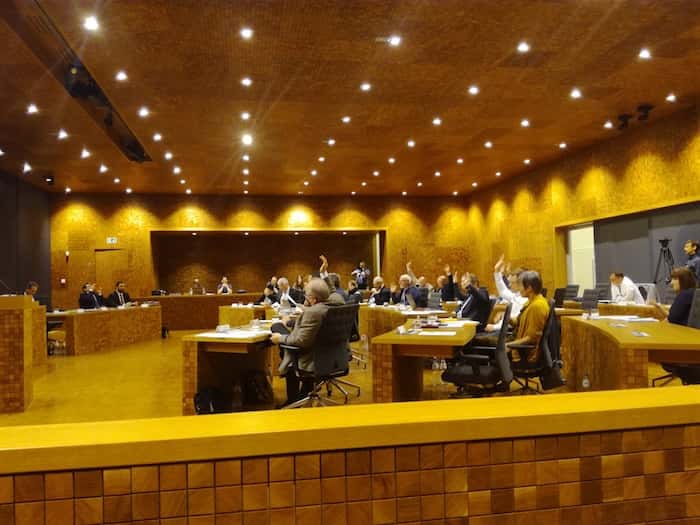
Ostbelgien Model
G1000 Belgium - German-speaking region of Belgium
In 2018 and 2019, the G1000 assisted the government and parliament of the German speaking region of Belgium in designing a model for a permanent and institutionalized form of citizen participation in policy-making through deliberative processes and sortition.
Starting in September 2019, a fixed Citizen Council will set the agenda for one to three Citizens Assemblies every year. These Citizens' Assemblies will come up with recommendations for the parliament and government on regional policy. Parliament will need to respond to those recommendations.
America in One Room
Center for Deliberative Democracy - USA
A historic gathering of 500+ American voters who participated in a nonpartisan discussion about the major issues of the 2020 presidential election. The participants—our citizen-delegates—were an accurate, representative sample of the entire American electorate in all its political, cultural, and demographic diversity.
Their views on the issues and the relative merits of the candidates were documented and shared with the public, candidates, and policymakers, giving a clearer, more balanced, and more informed idea of the political landscape heading into the election.
Nuclear Fuel Cycle Project (Premier of South Australia)
newDemocracy Foundation - South Australia
Some topics are fraught with political difficulty: and the proposal to build a facility capable of taking the entire world's nuclear waste generally earns bi-partisan agreement as the most challenging to attempt.
The core of the project was to see whether citizens could move beyond a reactive public opinion response and offer government informed, reasoned public judgement. It was partially successful - and in so doing the published 'Learnings' document offers a way forward for other very large scale projects of this type.
Itinerant Citizens’ Assembly
iDeemos - Bogotá, Colombia
In 2020, the Bogotá City Council, through DEMOLAB, its public innovation lab, launched the Itinerant Citizens’ Assembly, a deliberative body which deliberates at different times with different groups of citizens selected at random. The Assembly is permanent, but its members rotate.
The Assembly has different “Chapters.” Each Chapter “passes the torch” to the next. While each chapter may contain a small number of citizens, thousands may be part of the Assembly in the long run. The model seeks to make improvements on three fronts: institutionalization, inclusion, and the learning process.
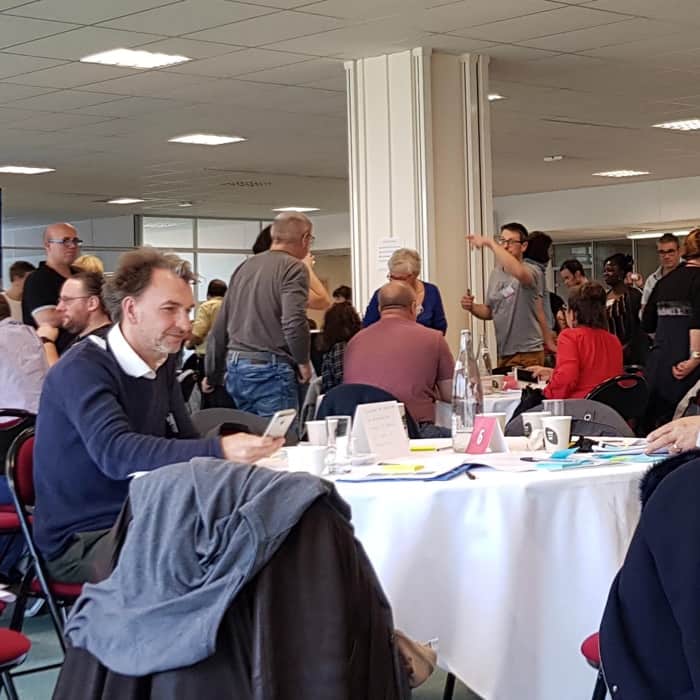
Regional Citizens' Assemblies
Missions Publiques - Across France
In the frame of the Great National Debate, Missions Publiques in collaboration with Res Publica designed and implemented 21 Regional Citizens' Assemblies that closed the Grand Débat in France.
Each Regional Assembly gathered a group of 100 randomly-selected citizens to develop propositions on the 4 key topics of the Debate: Ecological Transition, Tax System, Organization of State and Administration and Democracy and Citizenship.
Informing NASA's Asteroid Initiative
Consortium for Science, Policy & Outcomes - USA
An innovative project between the Consortium for Science, Policy & Outcomes and NASA gave ordinary citizens a voice in the future of space exploration. The project held citizen forums in 2014 to engage ordinary citizens in active dialogue about NASA’s Asteroid Initiative.
Discussion covered topics such as planetary defense strategies, how to detect threatening asteroids, and why the exploration of asteroids is part of the future of human space exploration.
We the Citizens
The Irish Citizens' Assembly Project - Ireland
The model that later became a template for the Irish Constitutional Convention, We the Citizens was an academic project designed to bring citizens into the heart of debates about in democracy.
Set up in the midst of an economic crisis, the motivation was to demonstrate the merits of a citizens’ assembly in Ireland involving a representative group of citizens who were randomly chosen to attend. The project tested whether deliberative democracy could work in Ireland at a time when people felt adrift and disconnected from power. The findings were presented to the leaders of every party in Ireland.
Rural Climate Dialogues
Jefferson Center - USA
The Rural Climate Dialogues took place in Stevens, Winona, and Itasca Counties in Minnesota from 2014-2016. A small (usually 15-18 people) representative group was gathered in each community to act on behalf of their friends and neighbors over 3 days of learning and discussion about the local impacts of climate change.
Participants filtered critical information to share with the rest of the community, and developed recommendations to address top climate challenges and realize key opportunities. These recommendations served as a starting point for ongoing community conversations and action.
Citizens' Economic Council
The RSA - UK
"The Citizens' Economic Council was a programme designed to give citizens a say on national economic policy, and influence over the future of the UK economy. It was part of a broader effort to build a stronger economic democracy in the UK through informed engagement and discussion.
The Council itself consisted of 54 citizens and was overseen by an independent advisory group. Participants undertook a journey of economic inquiry to deliberate and innovate on economic policy and regain a sense of control over the economic decisions that affect their lives."
Student Government Lotteries
Democracy In Practice, Bolivia
Beginning in 2015, Democracy In Practice helped the República de Venezuela high school replace traditional student elections with voluntary lotteries. Whereas less than 20 students ran as candidates in elections, over 200 entered the lotteries.
Selected representatives were trained to facilitate their own meetings and work as a team. New lotteries were conducted every 3 months to allow more students to participate in student government. Over two years they acquired textbooks and a first aid kit for the school and organized events like book fairs and field trips.
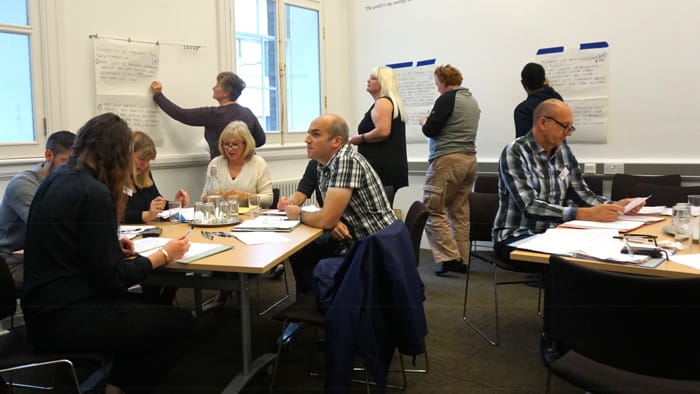
Choosing the location of a new community hospital
Citizens Juries c.i.c. - UK
In 2018, Citizens Juries c.i.c. was commissioned by local health authorities to design and run a Citizens’ Jury to recommend the location of the new community hospital for the Forest of Dean. 18 members of the Citizens’ Jury were recruited from across the Forest of Dean District. It was observed by members of the public, with local TV and newspaper coverage.
The Jury recommended Cinderford as the location of the new hospital. Gloucestershire Care Services NHS Trust Board and NHS Gloucestershire Clinical Commissioning Group Governing Body unanimously decided to back the jury’s recommendation.
How to Make Ourselves Heard?
Fórum dos Cidadãos - Portugal
In 2017, Fórum dos Cidadãos organized the first ever deliberative event of its kind in Portugal. The topic up for debate was: how can we improve the communication between citizens and their representatives?
After the deliberation process, the participants personally delivered their proposals to the President of Portugal and then presented them to the public in a session that brought together politicians, well-known names in Portuguese civil society, academics and other interested members of the public.
Global Citizens’ Assembly on Genome Editing
Centre for Deliberative Democracy and Global Governance - Global
The demand to place the public at the centre of discussion on genome editing is growing. Democratic deliberation that connects citizens from all over the world to scientific knowledge and global institutions is a critical way forward.
Europe on an equal footing: EU citizens' dialogue in Passau
Bertelsmann Stiftung, Germany
Together with the European Commission, the Bertelsmann Stiftung invited 120 randomly-selected citizens from the Czech Republic, Austria and Germany to discuss issues concerning social and political cohesion in the EU.
The citizens participated in moderated and simultaneously-translated World Café discussions at 12 tables and developed specific questions for the EU, which they later raised and discussed with the European Commission’s Secretary General, Martin Selmayr.
Citizens' Assembly on Social Care
Involve - UK
The Citizens' Assembly on Social Care was the first citizens' assembly ever commissioned by the UK Parliament. It brought together 47 randomly-selected citizens from England to give recommendations on how to fund adult social care sustainably in the future.
Through 28 hours of learning, deliberation and decision-making, spread over two weekends, the Assembly Members developed a clear and consistent set of recommendations that heavily influenced the findings of a joint inquiry by two Parliamentary Select Committees.
World Wide Views (WWViews)
Danish Board of Technology - Global
WWViews was developed to help close the widening democratic gap between citizens and policymakers as more and more policymaking takes place on the global level. It is a multisite method engaging citizens in multiple countries worldwide. On the same day, citizens meet in their respective countries to deliberate and vote on some of the questions at stake at international UN negotiations.
Results are discussed by and with UN country negotiators, politicians and global stakeholder organizations. Three WWViews projects on climate (2009 and 2015) and biodiversity (2012) have been organized so far.
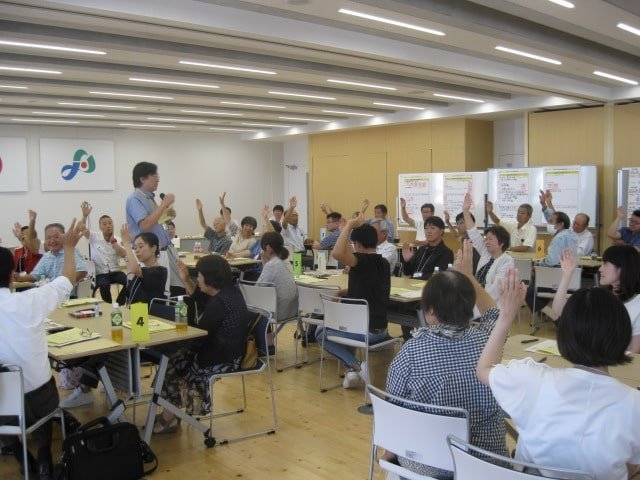
Citizen Deliberation Meeting (Shimin Tougikai in Japanese)
Japan Research Forum for Mini-publics - Japan
The method of Citizen Deliberation Meeting (CDM) is based on the Planning Cell from Germany. Randomly selected people are invited to participate in deliberations on policy issues. After the first CDM in 2006, a number of CDMs were held at the municipal level.
Toyoyama Town is a small town with 15,000 residents that continues to select 2,000 residents for a CDM every year since 2011. As a result, a large number of residents of the town are veteran participants and have organized themselves as Community Development Supporters. Some veteran participants even started to help with future CDMs.
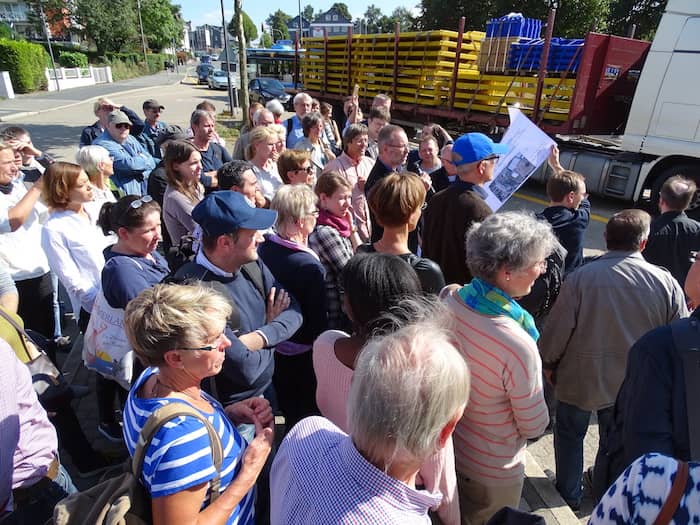
A cable car for the citizens of Wuppertal?
Nexus Institute - Germany
The Wuppertal suspension railway is well known in Germany. To further improve accessibility, the city considered a cable car that would connect the city centre in the valley with a school and the University Campus on the hillside. The idea was to overcome the demanding topography of the city.
The project was controversial, as the cable car would run over inhabited areas. Therefore, the mayor decided to involve citizens in decision making. Using the method of Planning Cells, 50 randomly-selected residents discussed the issue for four days and provided their recommendations in a citizens' report.
Citzens' Initiative Review
Healthy Democracy - USA
To conduct the CIR, a panel of randomly-selected and demographically-balanced registered voters are brought together from across the state or region for four consecutive days to thoroughly study and fairly evaluate the ballot measure(s).
The citizen panel hears directly from advocates both for and against the ballot measure, as well as a range of policy experts. On the final day, the panel drafts a one-page Citizens Statement highlighting the most important findings about the ballot measure as a resource for their fellow voters.
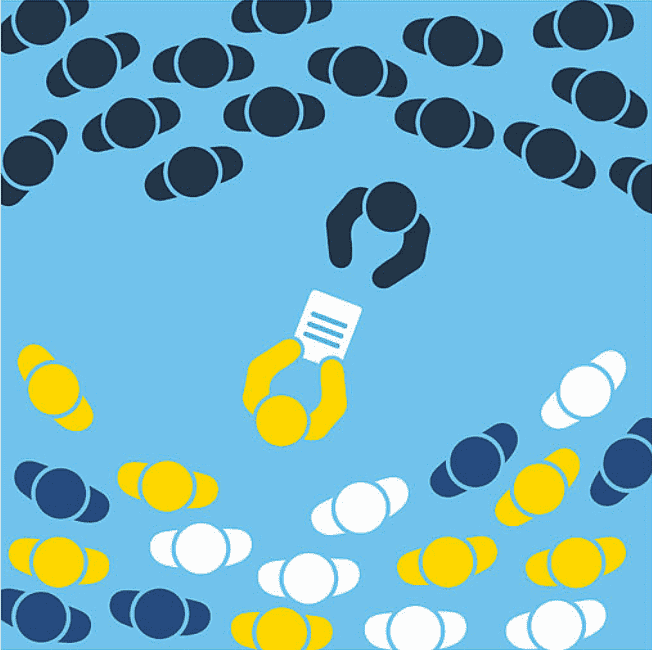
Citizens' Council for Democracy
Mehr Demokratie - Germany
Inspired by the positive experience with the Citizens’ Assembly in Ireland, Mehr Demokratie and the Schöpflin Foundation, together with the independent process support institutes Nexus and IFOK, are organizing a Citizens' Council for Democracy in 2019.
With this pilot project, which is unique at the federal level, they want to develop proposals to strengthen and further develop Germany's democracy in close connection with politics. The recommendations of the Citizens' Council are to be submitted to a Commission of Experts on Democracy and to the Bundestag for consultation.
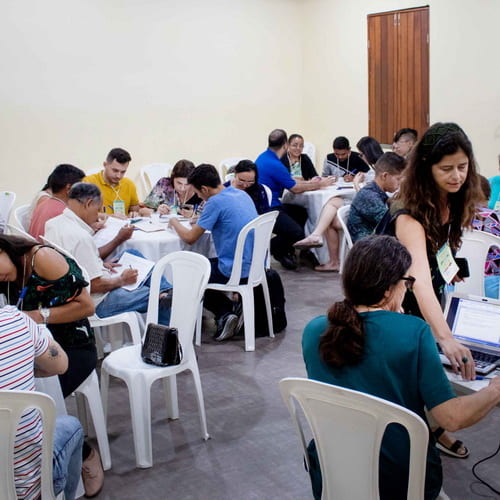
Delibera - A Citizens Assembly on Solid Waste Management
Fortaleza City-Brazil
From September 2019 through March 2020 we have successfully developed the 1st demonstration case of UNDEF's Democracy Beyond Elections program, in partnership with the City Administration and support from the newDemocracy Foundation.
Solid waste has been a permanent issue in the city, with an annual spending around US$ 50 million. The "Conselho Cidadão de Fortaleza" was formed by 40 residents selected by sortition in a beautiful public event. After 5 Sessions they produced a Democratic Propositions Report with 19 recommendations that were formally delivered on December 7th. Mayor Roberto Claudio presented the implementation plan to 18 citizens and an interested audience in a public event on March 5th.
Bürgerrat / Civic Council
Büro für Freiwilliges Engagement und Beteiligung- Austria
Since 2006, when it was tested for the first time, more than 50 so-called Civic Councils have been established on the local, regional and state level in Vorarlberg.
In 2013, the Vorarlberg state government has anchored the approach of a participatory democracy in its State Constitution and since that time, one to two state-wide Civic Councils are held each year, with the aim to include the population more intensely in major questions of state development.
Constitutional initiative "House of Representatives chosen at random"
Generation Nomination - Switzerland
Beginning in 2015, Generation Nomination launched a constitutional initiative project that aims at choosing at random the members of the National Council, one of the two chambers of the Swiss Parliament, the so-called "People's Chamber".
The goal is to get rid of the negative side-effects of a system based on elections (bias in diversity, conflicts of interest) and bring more transparency and neutrality in politics. Generation Nomination has gathered 800 citizens ready to invest in the future of their democracy and informs public opinion through regular media appearances. The project is still ongoing.
Make Your Brussels - Mobility
Particitiz - Belgium
Make your Brussels - Mobility was a deliberative democracy project initiated by the Brussels Parliament that was developed and coordinated by Particitiz. A panel of 40 Brussels' citizens, drawn by sortition, met in October and November 2017, to produce concrete recommendations to improve mobility in Brussels.
These recommendations were presented to the Brussels' Parliament plenary in the form of a citizens resolution. After several debates in the Parliament, the resolution was sent to the Brussels government, which incorporated these recommendations into its "Good Move" mobility plan for 2030.
Voedsel1000
G1000.nu - Netherlands
The provincial government asked G1000.nu to facilitate a G1000 about the future of their food (production) system. G1000.nu guided their project-team in organizing the Food Summit for 500 participants. Then, G1000.nu facilitated a Food Forum, where during 3.5 months over 200 participants worked on the idea's of the Summit in separate working groups, developing strong proposals for a sustainable Food System.
The proposals will be voted upon in the Food Council on Saturday 15th of June, 2019, with all participants of the Summit, thus resulting in the first ever 'Food Decision Noord-Brabant'.
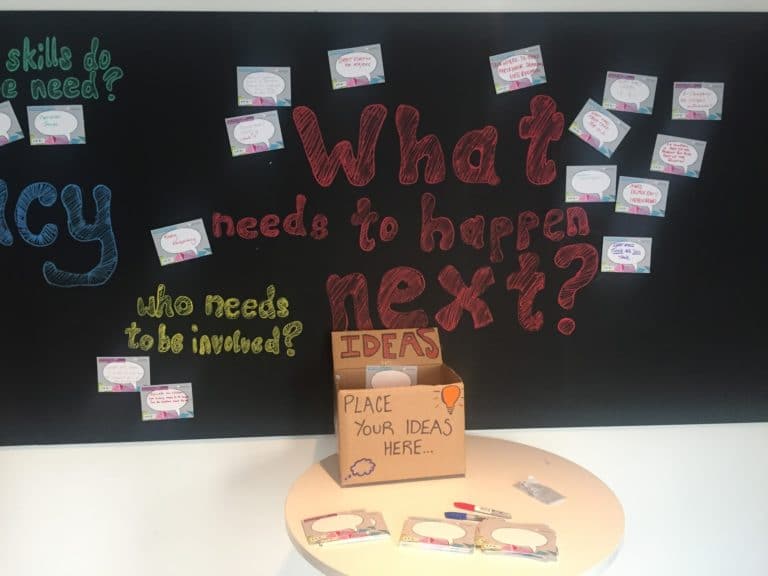
PaCE (Populism and Civic Engagement)
Demsoc - Europe
Across Europe, there is a rise of political movements that claim to challenge liberal elites and speak for the ‘ordinary person’ – movements that can be loosely categorised as ‘populist’. Many of these movements have undesirable tendencies.
Together with others, Demsoc's Horizon 2020 PaCE (Populism and Civic Engagement) project aims to combat the negative tendencies of populist movements so as to build upon the lessons of positive examples (such as Reykjavik), and hence play a part in constructing a firmer democratic and institutional foundation for the citizens of Europe.
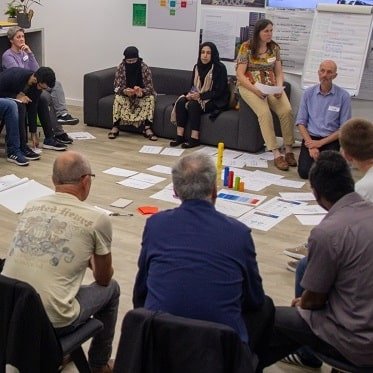
Leeds Climate Change Citizens Jury
Shared Future CIC - UK
The Rural Climate Dialogues took place in Stevens, Winona, and Itasca Counties in Minnesota from 2014-2016. A small (usually 15-18 people) representative group was gathered in each community to act on behalf of their friends and neighbors over 3 days of learning and discussion about the local impacts of climate change.
Participants filtered critical information to share with the rest of the community, and developed recommendations to address top climate challenges and realize key opportunities. These recommendations served as a starting point for ongoing community conversations and action.
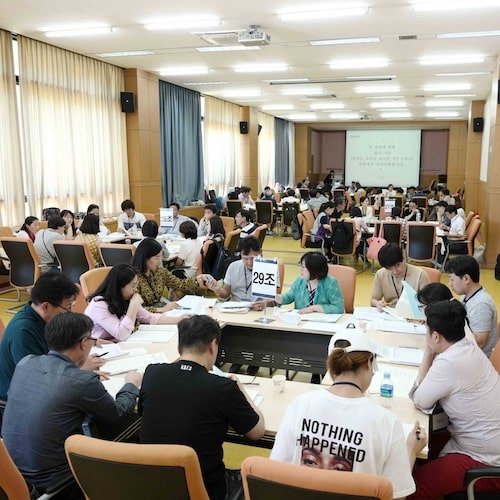
Citizens' Budget Participating Group
Korean Center for Social Conflict Resolution (KCSCR) - Korea
Proposals of recommendations (appx. $140 million on 102 government businesses divided into four sectors: administrative, welfare, social, economic) were made by 300 citizens and reviewed by ministries. After intensive learning and discussions, the group narrowed down to 39 (appx. $68 million) for final approval by the National Assembly.
By participating directly in budgeting procedures, citizens enhanced transparency and responsibility of the budgeting system while contributing to Deliberative Democracy as well. It was decided it should be repeated every year since then.
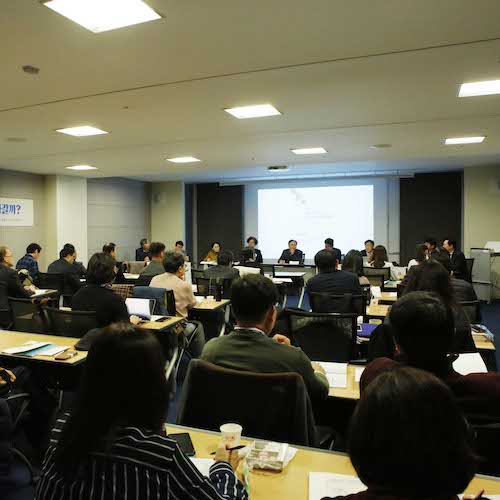
Construction of Citizens' Participation Park
Korean Association for Conflict Studies (KACS) - Korea
Vast sites in Yongsan which were granted as U.S. military garrison for decades were to be returned to Korea. The development of the park will begin soon after all facilities in Yongsan are relocated to Camp Humphreys in Pyeongtaek.
Research in mini-public deliberation (Level 1) is in progress for designing new model in national park development through public opinions gathered from citizens and experts for the first time. And it is expected to have a multi-dimensional impact through developing collaborative governance with various stakeholders.
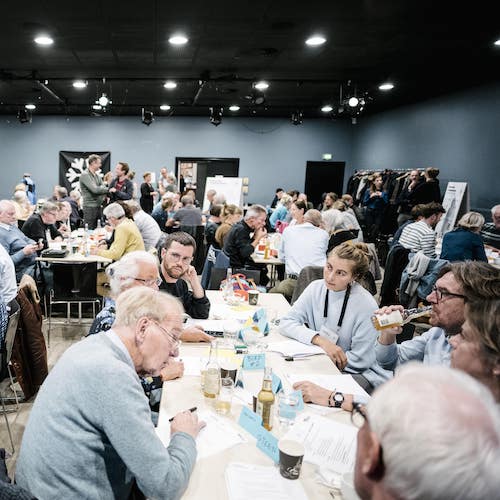
Citizens' Assembly on Copenhagen's Medieval City Center
We Do Democracy - Denmark
The City of Copenhagen has decided to engage its citizens in a consultation process to obtain knowledge about wishes and needs in relation to car traffic in the Medieval City Center, as well as inputs from citizens on how the urban space could be used if car traffic and parking spaces are reduced.
Citizens, residents, the business sector and other stakeholders were therefore convened for a Citizen's Assembly.
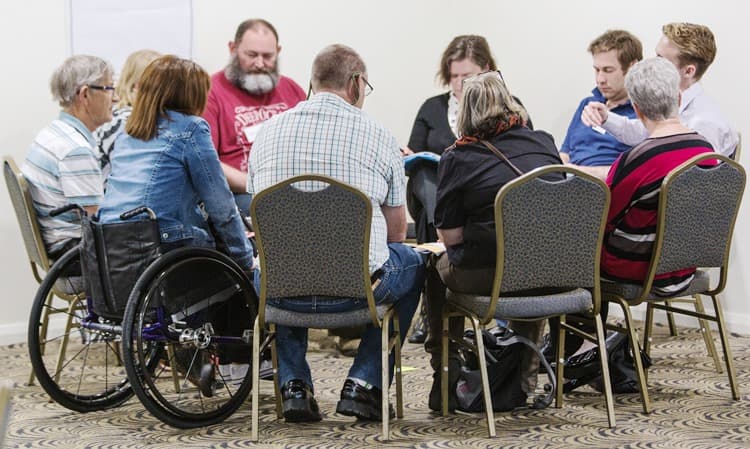
Democracy in Geelong
Democracy in Geelong - Geelong, Australia
The Democracy in Geelong (Geelong Citizens’ Jury) project was unique as no other community had ever had the chance to influence its council’s structure to this extent. Following the dismissal of the City of Greater Geelong Council in April 2016, the Victorian Government committed to consult the community about the structure of its future elected council.
A100-person jury was independently selected by the newDemocracy Foundation and considered a wide range of inputs and information. The remit was ‘Our council was dismissed. How do we want to be democratically represented by a future council?’.

Program Review
Japan Initiative - Indonesia and Japan
This project involved the Ministry of Foreign Affairs of Japan, the Indonesian government, and yayasan Tifa, a local NPO in Indonesia, to introduce citizen discussion-based Program Review.
This could be the first attempt of its kind in Southeast Asia, and although it is still in the early stages, Japan Initiative is trying to introduce the mechanism and implement a pilot version.
The Citizen Dialogues on Canada’s Energy Future
Citizen Dialogues - Vancouver, Canada
The first ever cross-Canada deliberative dialogue where representative citizens made recommendations on federal energy policy. Using discussion materials and deep democracy methods to explore areas of conflict, as well as narrative-building exercises to identify shared history and values, the process resulted in consensus recommendations for the future of energy in Canada.
Results informed the final report of the Generation Energy Council, with briefings for Canada’s Minister of Natural Resources and senior decision-makers in most provinces and territories.

Turn Up Democracy
Yiaga Africa - Nigeria
Increasingly there are more questions on the value of democracy and the value of participation and if the people's interests are being represented in government. In a developing democracy like Nigeria, the question of we voted and so what remains one difficult to respond when policies and governmental actions not seen as a reflection of the needs of the society. This has both enabled the fragmentation in the relationship between the people and government.
The Turn-Up Democracy initiative develops innovate approach to reinventing democracy, one of which is the pilot People’s Assembly (PA). The PA is an option available to promote a culture of public deliberation and citizen participation in influencing policies and governmental actions in Local governance.
"Participatory Budgets - Public Consultations - Crowd Law Making - Goals tracking "
Latin America- Buenos Aires, Argentina
Democracia en Red (democraciaenred.org) designs and implements innovations and digital tools to transparent, facilitate and strengthen democratic participation and to enhance cooperation between different social groups.
Along this path, they created the DemocraciaOS technology (democraciaos.org): a digital platform with five standards to enrich participatory processes between government and citizens.
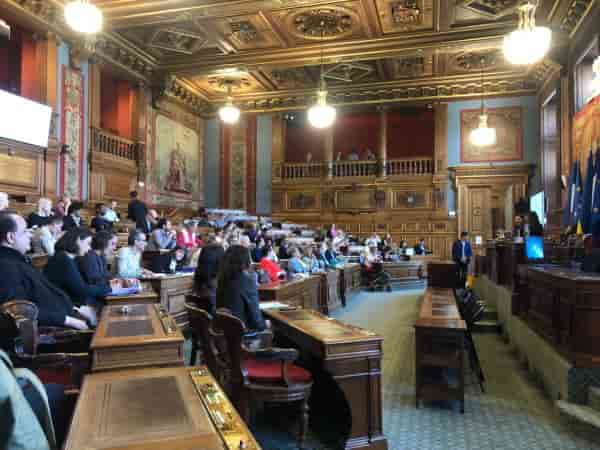
The Citizen Assembly of Paris
Paris, France
In 2021, FIDE contributed to make Paris a pioneer in democratic innovation, being the first major European city to institutionalise a permanent citizens' council.
The city adopted an extended version of the so-called “Ostbelgien Model” of citizen participation following FIDE’s expertise.
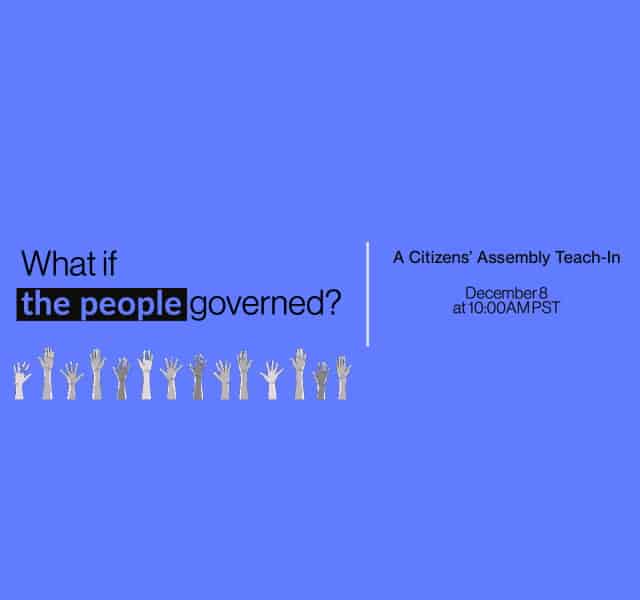
Public Democracy LA
Los Angeles, United States
In the wake of the 2022 city council scandal that provoked a crisis of Los Angeles governance, Public Access Democracy organized a consortium of democracy advocacy organizations to educate local municipal activists about lottery selected deliberative panels.
We organized an online workshop, "What if the People Governed", to show how government can regain public trust, resolve tough policy issues, and de-escalate tensions between polarized citizens. We're planning a day-long, in-depth workshop for municipal staff.
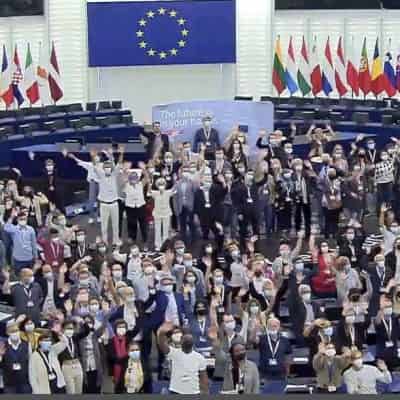
Europe's People's Forum (EPF)
European Union
Comprehensive needs analysis in 2017 led to model for representative participatory process that was presented to the European institutions and followed by advice to the European Commission and support to the European Parliament's written methodological input for the yearlong CoFoE and on EP's report on the future permanent participatory mechanisms.
EPF's members were procured to do most planning and implementation of CoFoE and facilitated several deliberative panels. 800 Citizens' 49 proposals, 326 measures discussed with national parliaments, CSOs and 70 % agreed by the 3 institutions.
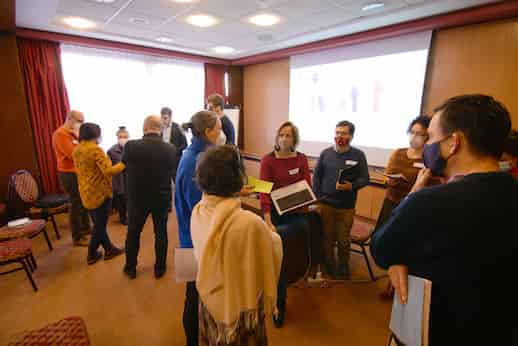
Cooperating with Local Municipalities in Hungary to Organise CAs
Hungary Europe
The purpose of the project is to continue working on awareness raising and implementation of citizens’ assemblies (CAs) in Hungary and offer practical help to local municipalities (and in particular those outside Budapest) and other political actors to organise CAs.
Activities include consulting with and training local municipalities and other political actors on CAs, providing help in organising CAs and fundraising, and demonstrating broad civil society and general public support for the idea.
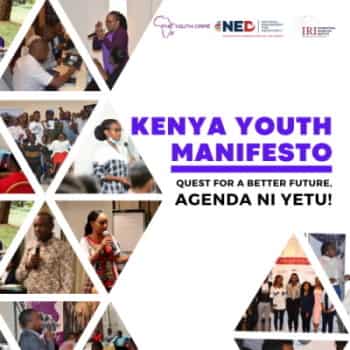
The Kenya Youth Manifesto
Nairobi, Kenya
Through a series of consultations with youth groups across the country, alongside expert-led and youth-moderated Twitter chat sessions and short mobile-based surveys, the project secretariat canvassed the views of the youth for the Manifesto.
The audiences for the consultations represented the full diversity of youths. The draft was subjected to a Youth Jury randomly selected to critique the document. The objective was to uphold the values of a democratic state in order to provide a platform worthy of forming part of the central political agenda.
(Re)founding
Burlington, VT - USA
(Re)founding is a conversation series on the future of democracy, hosted by Tevan Goldberg and Jesse Warren.
It features interviews with members of the Democracy R & D Network as well as local political figures and thinkers in Vermont.

Sovereign Deliberation Pilot
United States
Unify America has begun the first pilot of its community problem-solving model, Sovereign Deliberation. During the pilot, the organization is helping a small, rural community in Colorado build a shared goal and complete a robust solution-finding exercise.
Later this year, citizens' juries will be selected and made of representative and randomly selected residents who will hear various perspectives and make recommendations on how to solve the problem. The Sovereign Deliberation model seeks to create a scaled up model of lottery selected panels, allowing more residents to participate.
Bulzi Futura
Bulzi, Sassari - Sardinia, Italy
Citizens' Assembly in the little Sardinian village of Bulzi deliberating on "how to prevent the village from depopulation and emigration and save Bulzi".
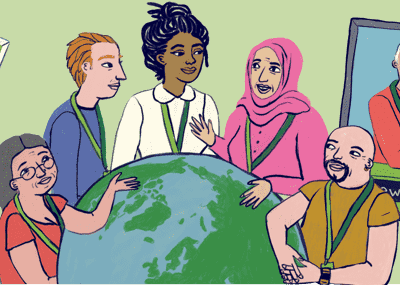
Climate Citizens’ Assemblies: learning with, from and for Europe.
Europe
From April – September 2021 Bureau Burgerberaad joined forces with urban platform Pakhuis de Zwijger for a international collective learning project. Through 5 webcasts, indepth interviews and an open access knowledge platform, the project brought together European key players in the field of climate assemblies.
These decision makers, academics, professionals and activists exchanged knowledge and experiences in order to come to guidelines for effective and just implementation of Climate Citizens’ Assemblies. The outcomes can be found on Project Page.

Madagascar's Agora of Landscapes and Forests
Madagascar
Working hand-in-hand with the Madagascar-based think tank INDRI, Dreamocracy has designed and helped create the Agora of Landscapes and Forests of Madagascar. It also provides public affairs advice to ensure radically better coordination of the fight against deforestation.
The platform brings together some 150 actors. It coordinates the drafting and implementation of a national strategy to stop deforestation and accelerate reforestation. With backing from but independent of the national public authorities, it acts as a political centre of gravity and a knowledge hub.
Regional youth assembly on Just Transition in Estonia
Northeast of Estonia
The first climate assembly in Estonia took place in 2021 in the Ida-Viru county, with youth between 16 and 29 years.
The assembly was virtual and bilingual, over two weekends. Participants evaluated the Just Transition draft plan for the oil-shale dependent county.
Conference on the Future of Europe // European Citizens' Panels
Europe Germany
The main EU institutions organized the Conference between April 2021 - May 2022 to discuss the future of European integration and EU reforms. This participatory process was the first of its kind due to its transnational and multilingual character.
Making use of multiple deliberation tools, such as a multilingual digital platform and 4 European Citizens' Panels with 800 randomly selected citizens, 9 main topics were debated. A central feature was the Conference Plenary which included representatives of EU institutions, national parliaments, civil society organizations and the Citizens' Panels.
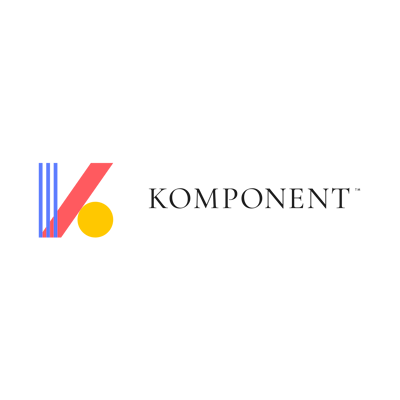
Municipality of Greve Welfare Assembly
Municipality of Greve, Denmark
The citizens' assembly provides guiding principles for how the municipality, citizens, companies and associations can cooperate and enter into a joint dialogue - even when the going gets tough for the welfare society.
The citizens' assembly must make recommendations that can help with welfare priorities which go beyond the immediate budget planning. The citizens' assembly helps to align expectations with more difficult welfare priorities. The goal is that the citizens' assembly build trust between politicians and citizens in the future.
The Global Assembly for COP26
Worldwide
In 2020/2021, Iswe co-initiated and helped to deliver the world’s first Global Assembly on the Climate for COP26. Convened alongside 170 organizations in over 50 countries, it was supported by the UN and UNFCCC. António Guterres called the project “a practical way of showing how we can accelerate action through solidarity and people power.
The Assembly consisted of a 100-person core, chosen by sortition to reflect the demographic makeup of the global population. Community Assemblies - that anyone could run anywhere - were also facilitated, with 1,300+ participants from 41 different countries.
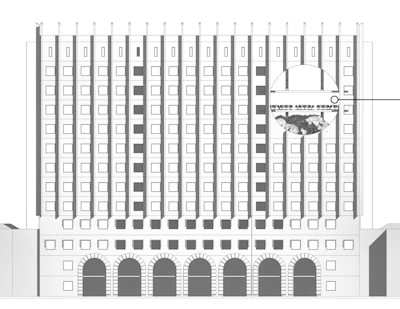
A proposal for the future electoral system of Abkhazia
Tbilisi, Georgia
This research proposes a potential electoral system for the Abkhazia Autonomous Republic as a path toward sustainable conflict transformation.
The proposal includes approaches like combining elections with sortition to accommodate the multiethnic nature of Abkhazia, addressing challenges such as polarization and ethnicity-driven voting patterns. The proposed model is positioned as a crucial step towards the future possibility of peaceful, democratic and inclusive unification of Georgia.
Roads and Routes for Relief
Érd - Hungary
Érd is the largest city in Pest county and a major gateway to Budapest. In 2022 the local municipality commissioned a citizens’ assembly to find ways to transform the city from a rapidly growing urban agglomeration to a liveable, greener city.
Ten thousand randomly selected residents received an invite to the Assembly. From those who responded 50 were chosen by lottery. The Assembly mirrored the adult population of Érd with regard to age groups, gender, place of residence and education. It took place over the course of two weekends (June 11-12, June 25-26) and adopted 7 proposals.

Habitar La Política
Colombia
Provides tools to make institutions more open, democratic, and transparent, connecting citizens with decision-makers and public officials. It is not just about citizens and underrepresented people coming to power but also about helping them become leaders who have real impact.
They have developed and implemented citizen assemblies, technologies for participation, innovative accountability processes, toolboxes, city council sessions taken to the streets, and other tools that allow them to increase the effectiveness of political advocacy processes.
